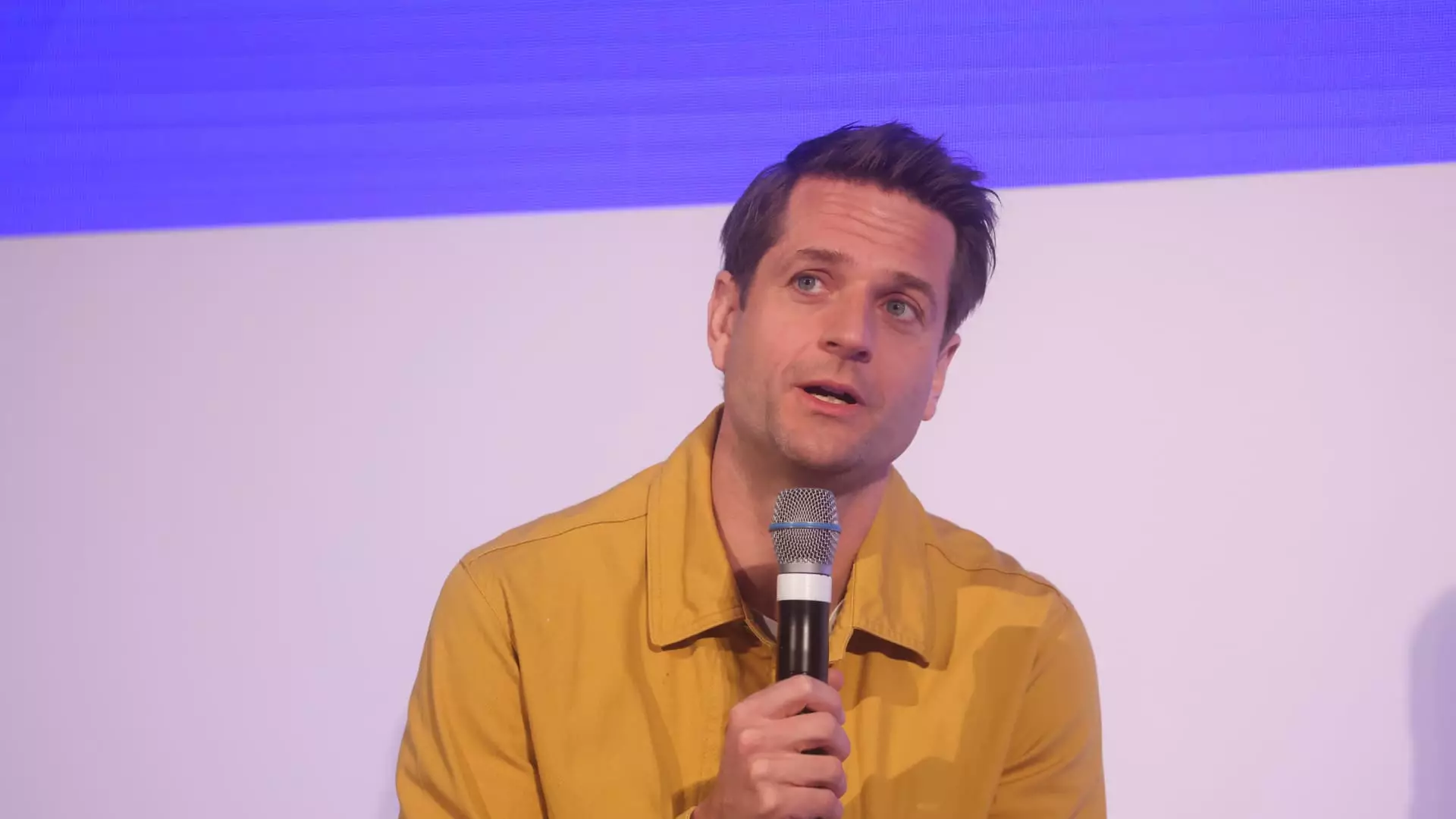The landscape of the European tech industry is evolving, but one pressing concern remains—an alarming brain drain of talent to the United States. This phenomenon presents a significant risk for Swedish fintech giant Klarna as it gears up for its highly anticipated initial public offering (IPO). CEO Sebastian Siemiatkowski has been vocal about the drawbacks posed by Europe’s regulations, specifically surrounding employee stock options, which hinder the ability of firms like Klarna to retain top-tier talent. This analysis delves into the challenges that Klarna faces in the context of employee compensation and the broader implications for the European technology sector.
A defining characteristic of technology firms in the U.S. is their capacity to offer attractive equity compensation packages to employees, often in the form of stock options. Klarna, known for pioneering “buy now, pay later” schemes, is struggling to compete under the current European regulatory framework, which imposes significant barriers that undermine the value of such compensation. Siemiatkowski highlighted that the limited equity share distributed as part of their compensation structure places Klarna at a disadvantage compared to its U.S. competitors, who offer significantly more equity relative to revenue.
In Sweden and the U.K., the situation is exacerbated by uncapped social security payments tied to employee stock grants, dissuading potential workforces from accepting roles where they risk losing a substantial fraction of their equity upon payouts. This added complexity makes it remarkably difficult for firms to project financial implications, a fear echoed by Siemiatkowski. He argues that the unpredictability of stock option costs severely complicates financial planning, creating a challenging environment for growth-oriented companies.
As Klarna approaches its IPO, the risks associated with talent retention gain newfound urgency. Siemiatkowski’s keen focus on compensation structures is not merely a trivial concern; it underscores a fundamental challenge within the European market. Comparatively, studies indicate that employees at late-stage European startups enjoy ownership stakes that are around half of those in the United States—an alarming discrepancy that hinders Europe’s competitiveness in the global tech market.
Moreover, the snare of inefficient compensation models extends beyond just Klarna. It presents a systemic issue, affecting a multitude of European tech firms that are equally at risk of talent exodus to U.S. companies like Google, Apple, and Meta, where the allure of lucrative stock options and attractive working conditions reign supreme.
Another layer to this conundrum is the ingrained sentiment in Europe regarding compensation, particularly in the financial services sector, as noted by Siemiatkowski. There exists a prevailing attitude that discourages companies from offering high salaries or competitive stock options to skilled employees. This mindset not only hampers motivation and morale but also places European firms at a strategic disadvantage in attracting the best and brightest from the global talent pool.
The changing landscape of remote work further complicates matters. Today’s tech professionals no longer feel tethered to a physical office and can strategically choose their employers based on factors like compensation and career advancement opportunities, irrespective of geographical boundaries. Consequently, European firms find themselves competing on a new battleground—the talent they seek is not just a local affair but a global competition that necessitates reevaluation of compensation strategies.
As the date of Klarna’s IPO approaches, it becomes increasingly evident that successful navigation of this talent retention crisis will not only determine the company’s fortunes but also reflect broader trends within the European technology sector. If regulations remain stagnant, and if cultural attitudes towards compensation do not shift, companies will continue to battle against the allure of Silicon Valley and other tech-heavy markets.
Investing in more favorable employee compensation frameworks and reevaluating regulations around stock options will be vital for European firms not just to survive but to thrive in a marketplace defined by rapid change and fiercer competition. For Klarna, the stakes are especially high as it attempts to establish itself in the U.S. market while simultaneously building a compelling case for prospective employees seeking stable and enthusiastic career paths that allow for upward mobility and ownership.
As Klarna pushes toward its IPO amid a backdrop of immense talent challenges, it is a crucial moment for European tech companies to confront and adapt to the realities of a rapidly evolving job market, lest they succumb to employee attrition in a talent-saturated world. The future of the European tech ecosystem may very well hinge on these developments.

